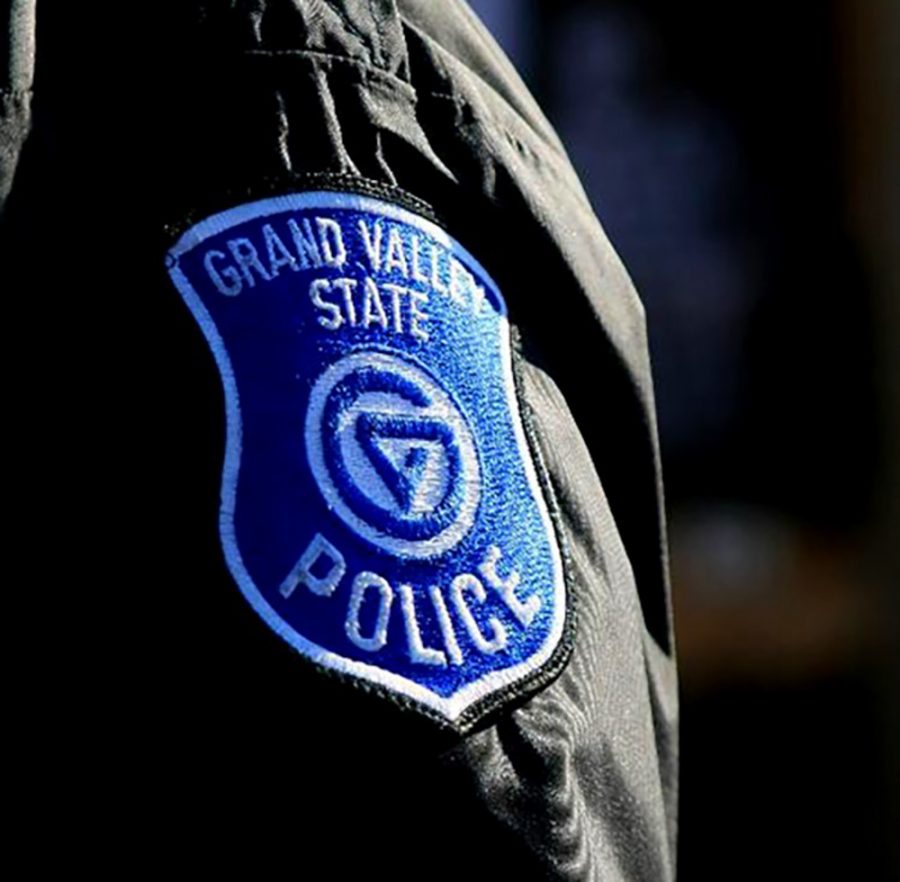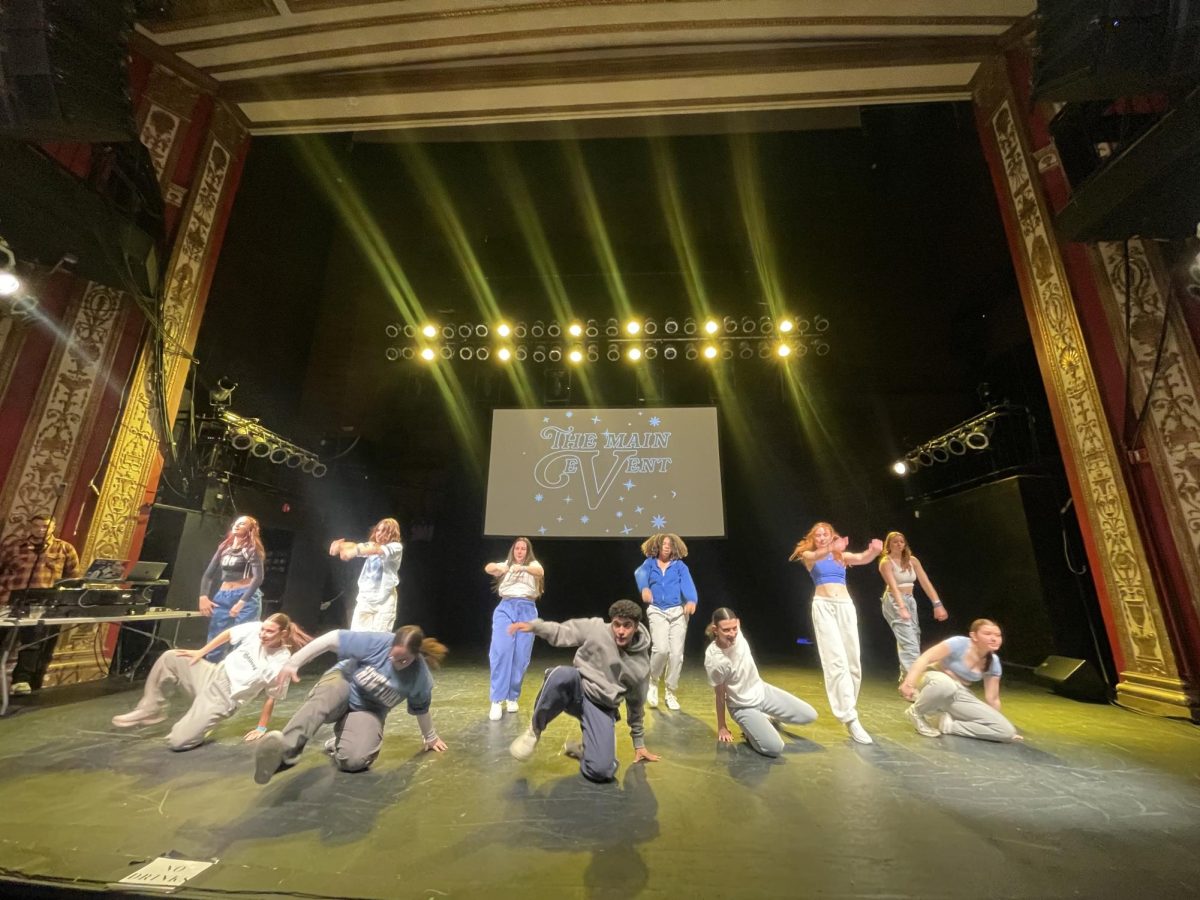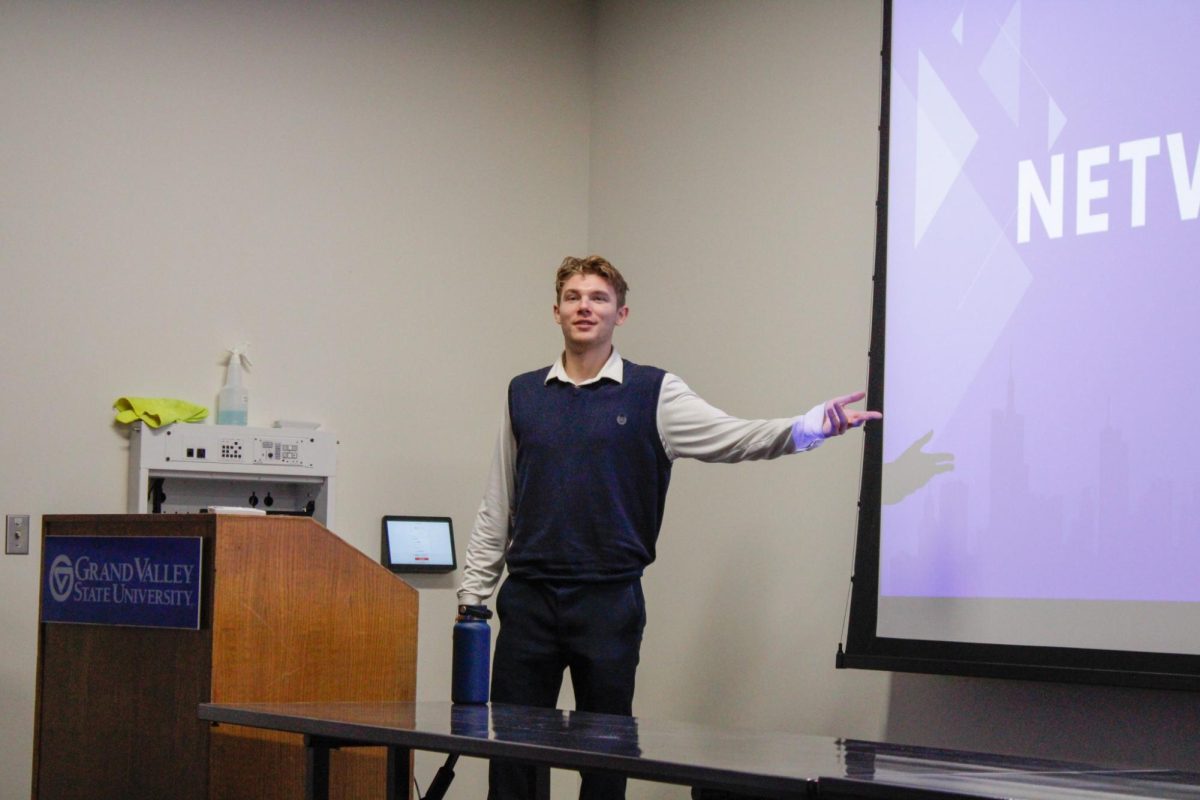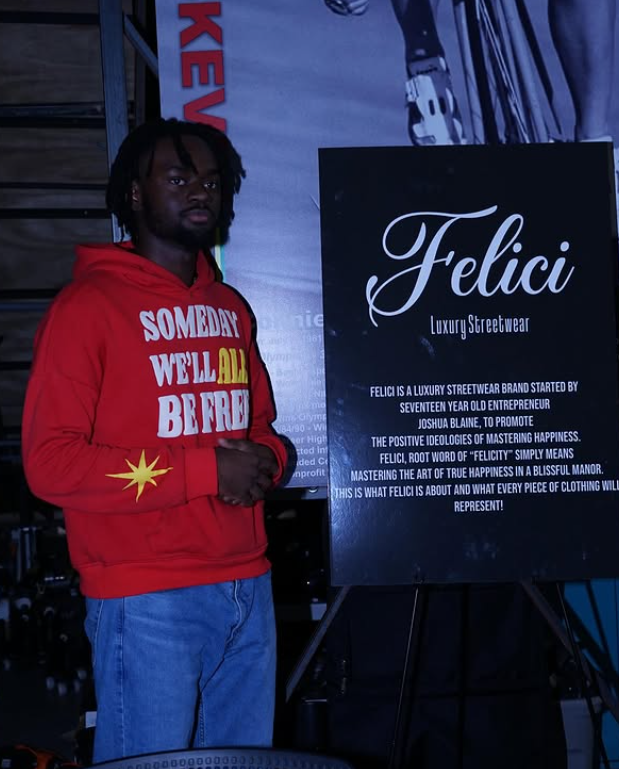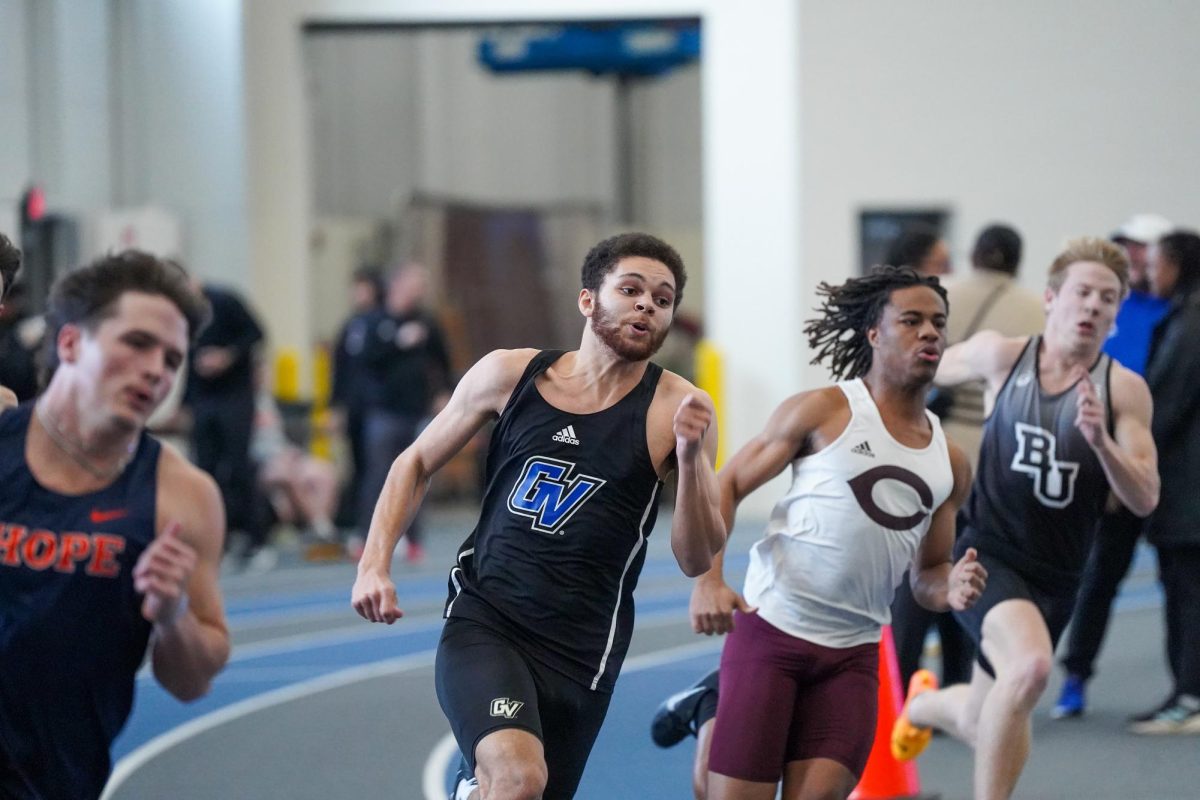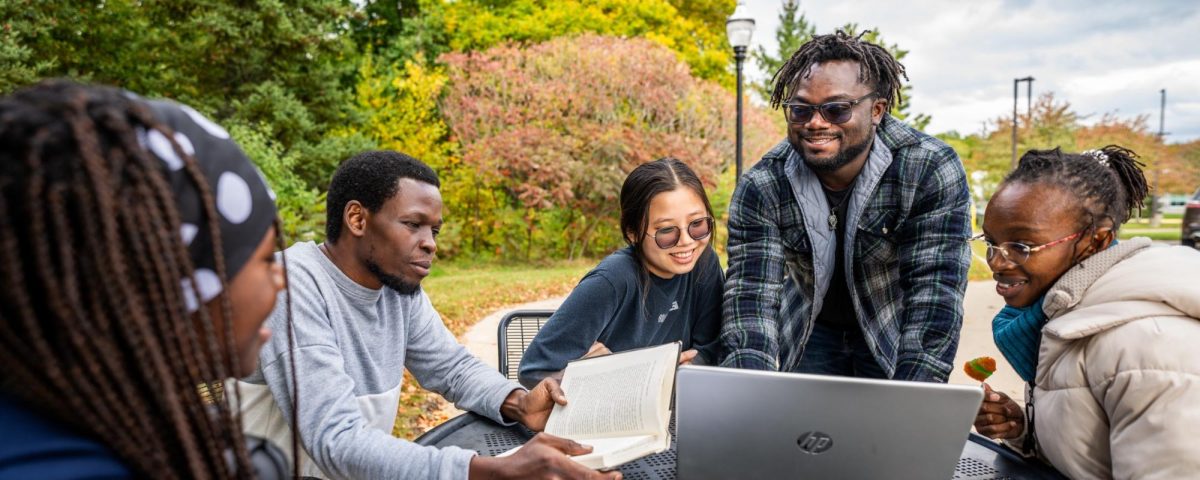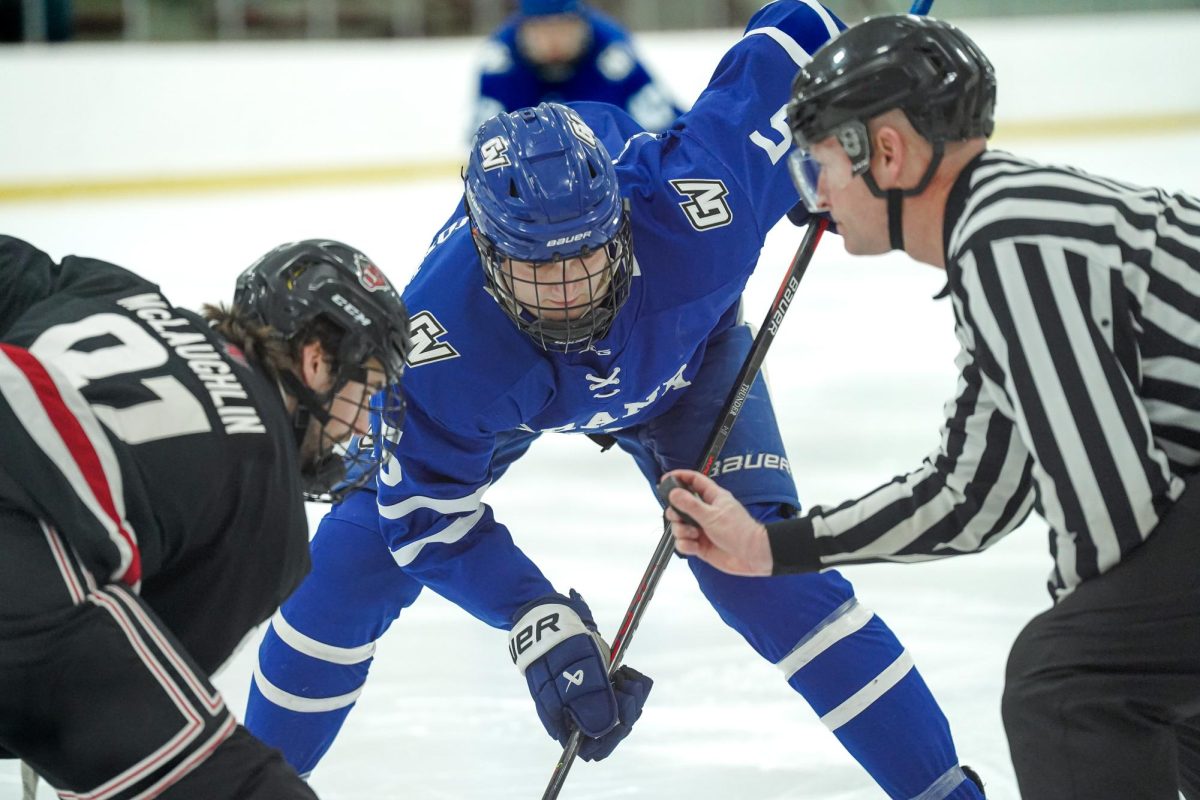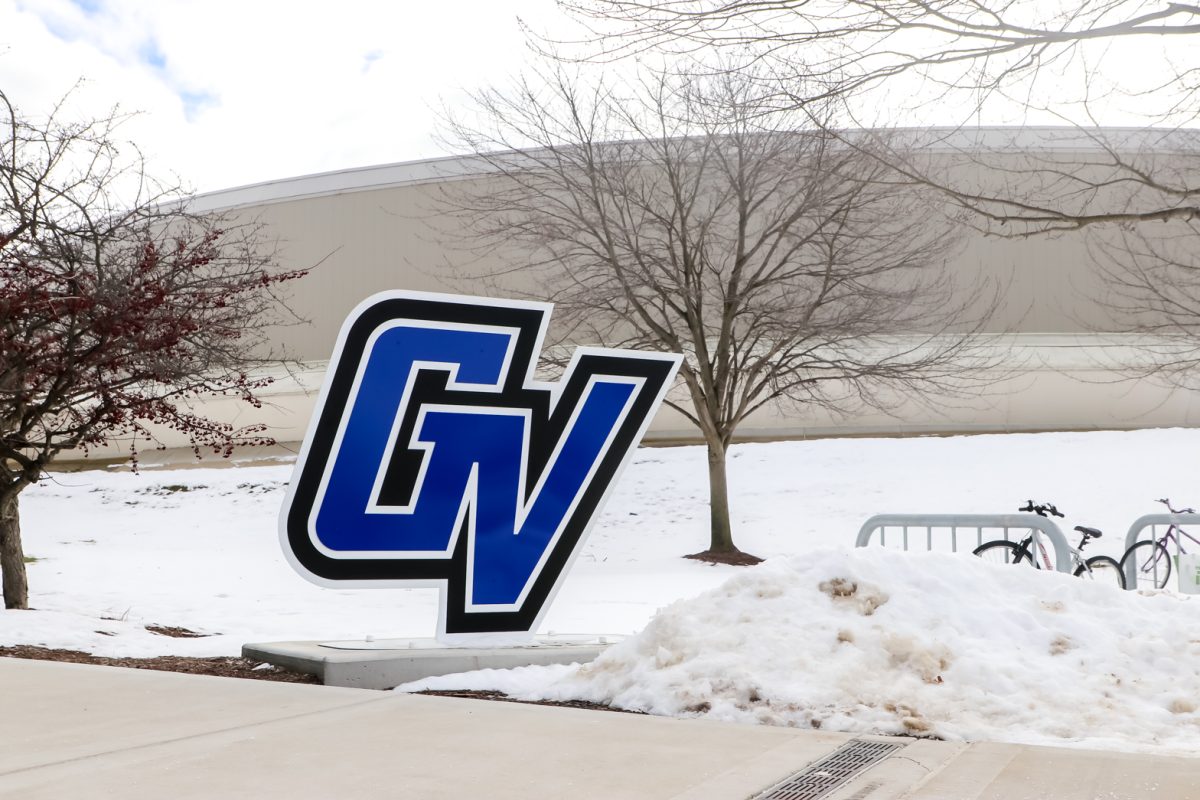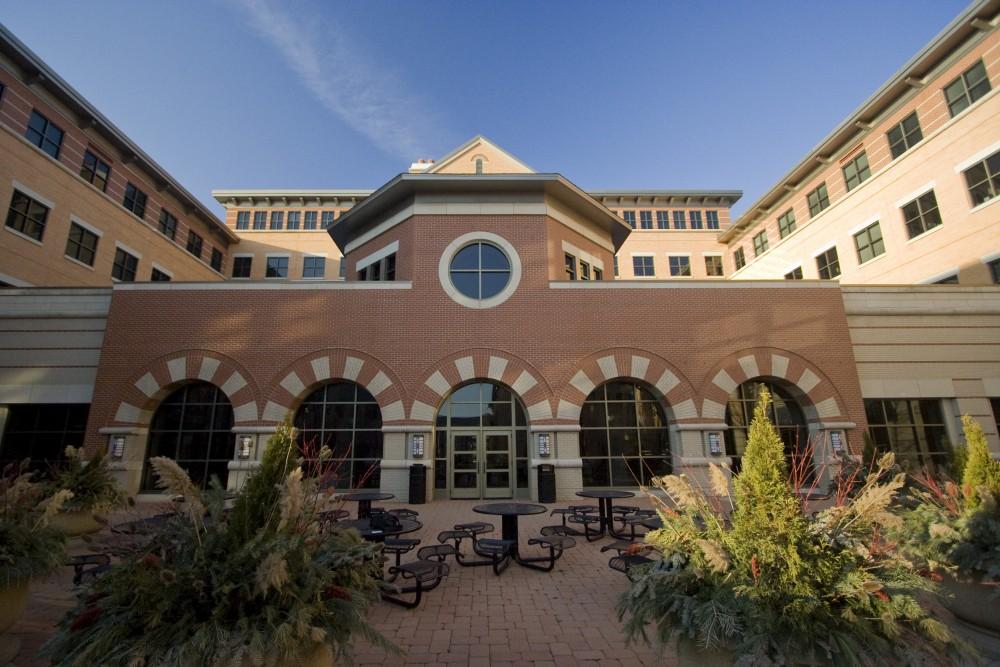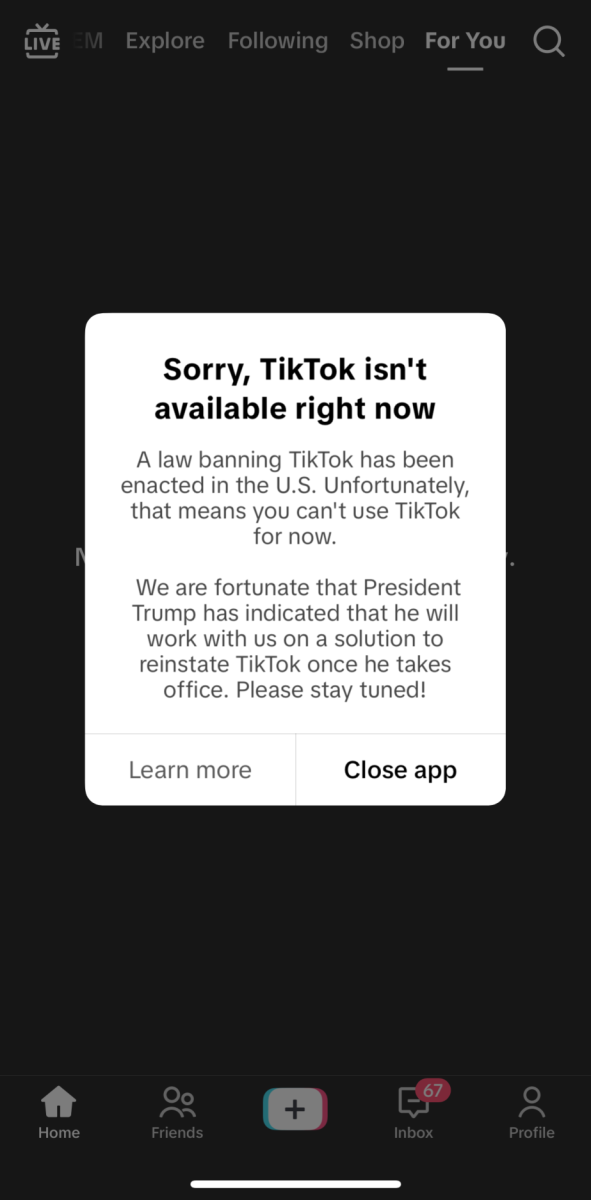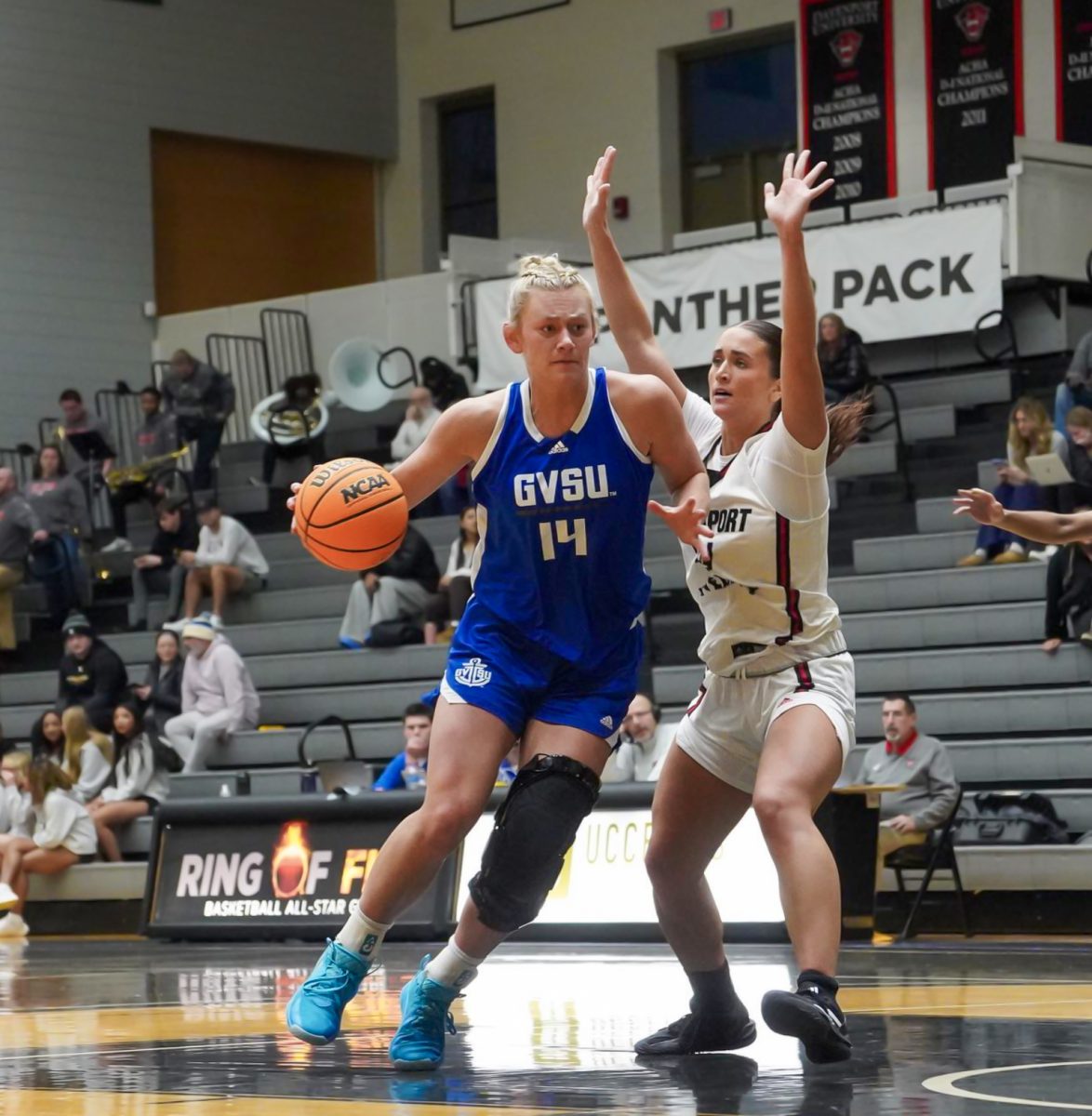GVPD: Alcohol, drug amnesty calls can help save lives
Apr 5, 2021
Although the age to legally consume alcohol in the United States is 21, the implementation of amnesty laws has been important in helping those who are suffering medical emergencies to get help without facing criminal penalties. At Grand Valley State University, the Grand Valley Police Department wants the community to know how important this amnesty law is in order to help people get the help they need.
“The amnesty impact has expanded in Michigan pretty substantially, but the whole fundamental goal remains the same,” said Captain Stoll of the GVPD. “The intent is to get people to seek help when it’s needed to help their friends, their family. And so, they’re encouraged to do that by being protected from any type of criminal repercussion associated with the offense that led to the overdoses,” he added.
The amnesty law protects the caller, the person in crisis, and the people who are around when the incident occurred. Although the law is often thought of in conjunction with alcohol, drugs were added to the law coverage in 2016. Under it, the legal age requirements were taken off.
The GVPD sees a fair amount of these types of calls around campus. Most of them revolve around alcohol, but the second leading reason for these types of calls is related to the consumption or use of marijuana.
“I agree with the concept,” Stoll said. “I want people to seek help rather than risk the lives of their friends and relatives due to a criminal offense. We want them to be comfortable seeking help.”
Stoll says that he thinks people are often worried about potential consequences that could impact them or their lives. But oftentimes in these types of situations, the people calling are under the influence so emotions and the combination of different chemicals can lead to bad decisions.
According to the National Institute on Alcohol Abuse and Alcoholism, over 1,500 college students die from accidental incidents that involve alcohol. Stoll says that the contribution to these types of amnesty calls and incidents may be tied to the seemingly social acceptance of drinking in college and the prevalence of alcohol on college campuses.
As medical first responders, the GVPD responds to all medical complaints that happen on GVSU’s campus. Many of the incidents they respond to revolve around binge drinking of hard alcohol-related to pregaming or ending of parties.
According to the Department of Public Safety and Alcohol and Substance Abuse Information of GVSU’s website, binge drinking is when a male consumes five or more drinks, and a woman consumes at least four drinks within a two-hour period.
Binge drinking and heavy consumption of alcohol can lead to alcohol poisoning or other incidents that require medical assistance. Signs of alcohol poisoning include confusion, vomiting, blueish or pale skin, falling unconscious and more.
Stoll said it is important to monitor what you have been drinking and how much you have been drinking in order to help minimize the risk of overdrinking. His tip is to also mix in water between each alcoholic drink you consume.
“We have tried to create that culture before,” Stoll said. “We usually did not lean towards citing people even though it wasn’t protected by the law before it became law.”
During the alcohol awareness seminars and events the GVPD would host in the past, the amnesty law is something they often wanted to reiterate the importance of to the community. The goal is for people to not be afraid to reach out for help when they, their friend, or relative may be in danger.
One of the other worries that someone might have when calling for someone is the association of medical bills. Stoll said that everyone would be willing to pay an extra cost in order to prevent a tragedy from occurring.




